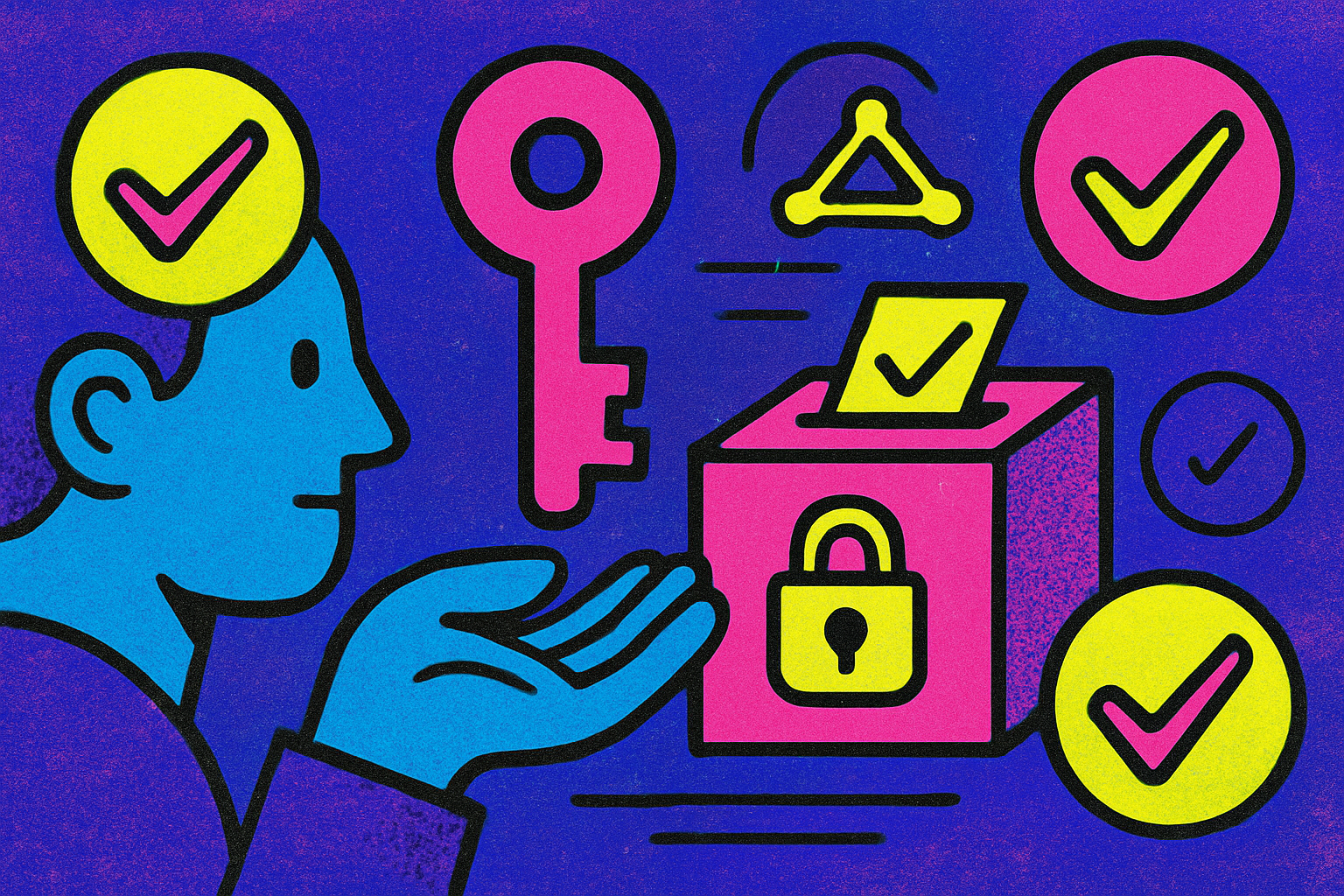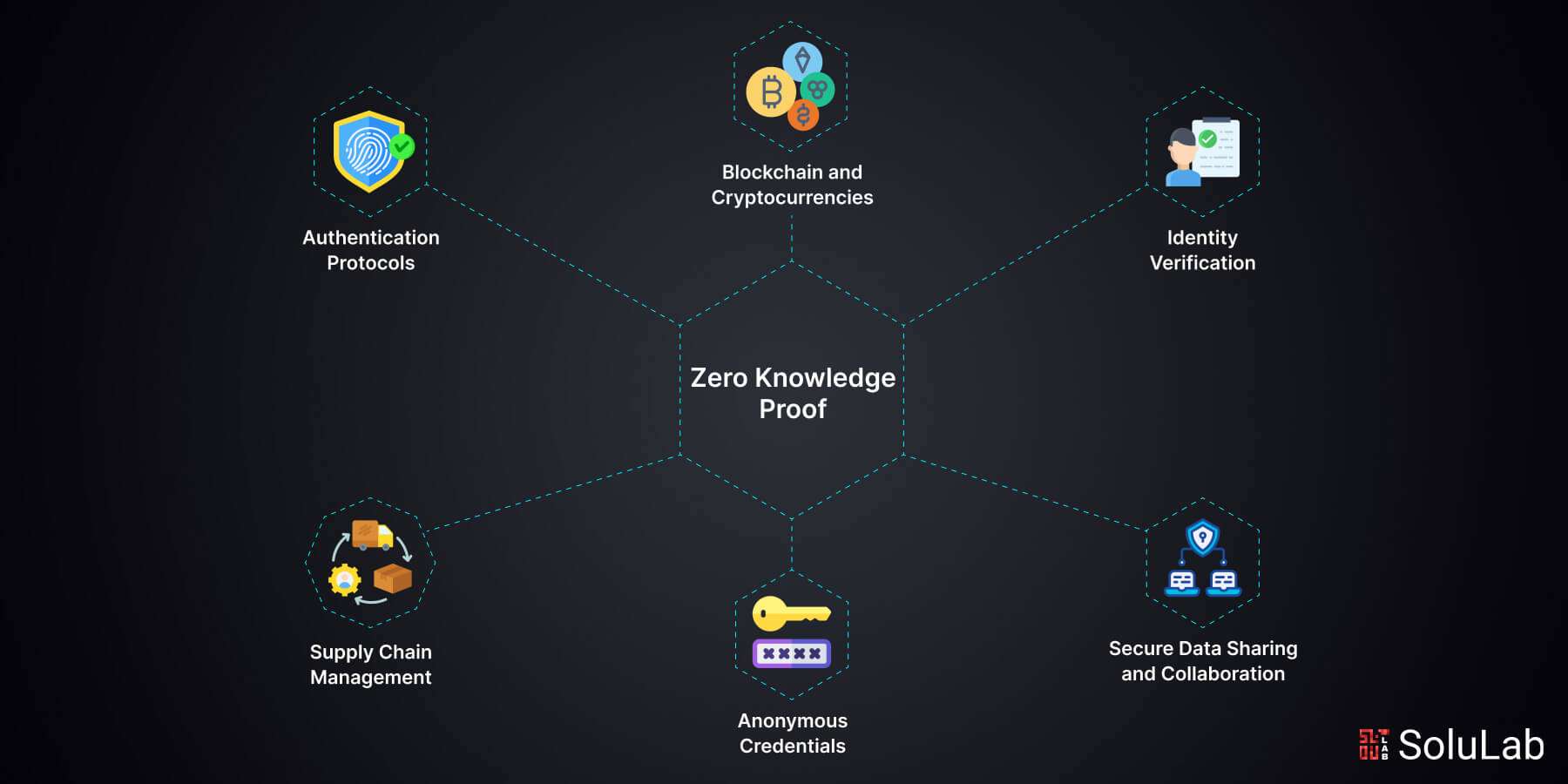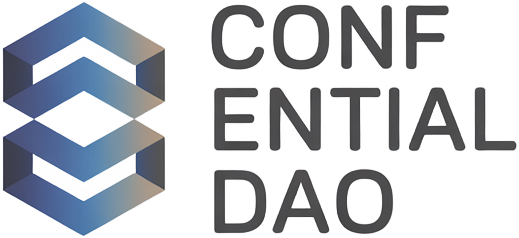
Picture a world where every DAO vote is cast in total confidence, yet every outcome is publicly verifiable. That’s the promise of confidential governance – an evolution in decentralized decision-making that blends privacy with uncompromising transparency. As DAOs scale and the stakes soar, the tension between open governance and voter confidentiality has never been sharper. The latest research and real-world pilots reveal: private voting isn’t just a nice-to-have, it’s essential for honest participation and resilient communities.

Why Privacy Matters in DAO Voting
Traditional DAO voting systems put everything on-chain. Every address, every token-weighted ballot, every choice – all are visible to anyone with a block explorer. While this radical transparency fuels trust, it exposes members to retaliation, social pressure, or even bribery. The result? Voters may self-censor or abstain altogether. As the Privacy Stewards of Ethereum argue, private voting unlocks more honest participation and shields DAOs from manipulation.
The latest privacy-preserving models use cryptography to flip the script: you can now prove you voted (and that your vote was counted) without revealing who you voted for. This isn’t just theory – protocols like Oasis Labs’ confidential governance suite and Syncra’s cross-chain privacy infrastructure are already powering next-generation DAOs.
The Cryptographic Magic: ZKPs and Homomorphic Encryption
Let’s break down the two core technologies redefining privacy-preserving DAO voting:
- Zero-Knowledge Proofs (ZKPs): These let someone prove they know something (like their vote) without revealing what that something is. In DAOs, ZKPs allow members to show eligibility and cast votes privately – no identity or ballot details leak on-chain. For example, Kite protocol enables private delegation so even delegates don’t know who picked them.
- Homomorphic Encryption: This lets you tally up encrypted votes without ever decrypting them individually. Systems like S2DV use additive exponential ElGamal encryption plus ZKPs to keep both token quantities and individual choices secret until decryption reveals only the final count.
This dual approach means DAOs can have their cake and eat it too: total ballot secrecy with bulletproof public verification of results.
The Benefits: Honest Votes and Bulletproof Results
The impact of confidential governance isn’t just technical – it transforms culture:
- No more fear of retaliation: Voters can support controversial proposals or challenge power structures without risking their reputation or safety.
- No more vote-buying games: Hidden ballots make it much harder for whales or bad actors to coerce outcomes through bribes or threats.
- Total verifiability: Even though individual votes are hidden, anyone can audit the process end-to-end thanks to cryptographic proofs embedded on-chain.
This shift doesn’t come without challenges; computational overhead and scalability are real concerns as cryptographic operations pile up. But as projects like Inco. org demonstrate, optimizing these protocols is rapidly making confidential voting practical at scale for real-world DAOs.
The Future Is Private (And Publicly Auditable)
The rise of verifiable private voting on blockchains signals a new era for decentralized governance – one where communities don’t have to choose between openness and safety. From sealed-bid elections powered by Ethereum ZKPs to NFT-based anonymous ballots (see more here), innovation is accelerating fast. The result? A landscape where DAOs can be both radically transparent in process yet fiercely protective of their members’ autonomy.
As these privacy-first protocols mature, we’re witnessing a wave of experimentation across the DAO ecosystem. Projects are pushing beyond theory, deploying confidential governance tools that balance member protection with on-chain accountability. For example, Syncra and COTI’s cross-chain privacy stack is making it possible for DAOs to coordinate securely across multiple blockchains, while Zama’s FHE-based voting keeps token balances and choices shielded until the final tally. These breakthroughs don’t just safeguard voters, they also boost turnout and engagement by lowering the perceived risks of participation.
But even as cryptography solves old problems, new challenges emerge. How do you educate DAO members about verifying results without seeing individual votes? What’s the best way to audit an encrypted election if you’re not a math PhD? The answer lies in user-friendly dashboards and open-source tooling that surface transparency without compromising privacy. Expect to see more DAOs leaning into visual proofs and interactive audits that make cryptographic integrity accessible to all members, not just core devs or auditors.
Practical Steps for DAOs: Adopting Confidential Voting
Ready to make the leap? Here’s what forward-thinking DAOs are doing today:
- Pilot confidential voting modules on low-stakes proposals before rolling out system-wide changes. This builds trust in new tech while letting members get comfortable with private ballots.
- Invest in education: Host workshops or create explainer content demystifying zero-knowledge proofs and encrypted voting flows.
- Pursue open audits: Encourage independent reviews of smart contracts and cryptographic implementations, transparency about your privacy tooling is key to community buy-in.
- Prioritize UX: Choose solutions that integrate smoothly with existing wallets and governance platforms so users don’t face friction at the ballot box.
If you’re looking for deeper dives or practical frameworks, check out our guide on privacy tools and best practices for secure voting.
What Comes Next?
The momentum behind confidential governance DAOs is unmistakable. As more communities adopt verifiable private voting on blockchain, expect to see:
- Bolder proposals, as members feel empowered to vote their conscience without social pressure.
- Tighter security standards, as cryptographic methods become table stakes for serious projects.
- Smoother cross-chain coordination, thanks to interoperable privacy layers spanning multiple ecosystems.
The bottom line: Privacy-preserving DAO voting isn’t just a technical upgrade, it’s a cultural shift toward safer, fairer, more resilient decentralized organizations. The future is here, and it’s both private and provably fair.






